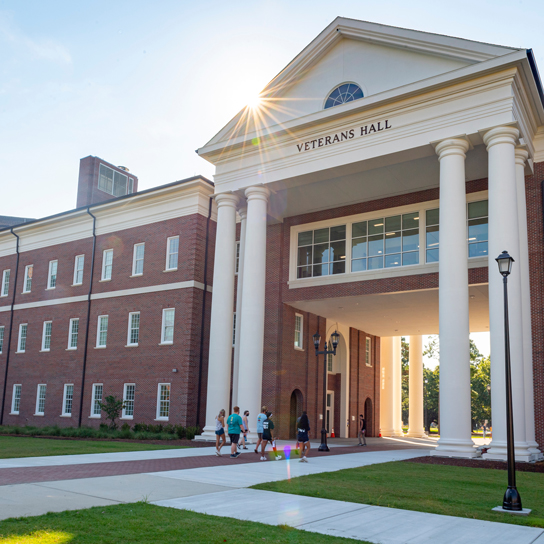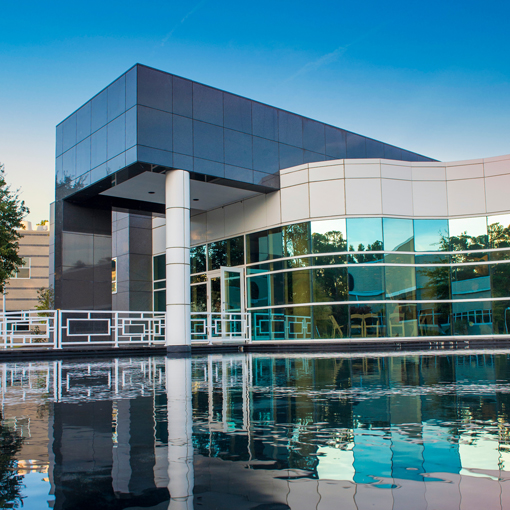Division of Academic Affairs
Explore Academic Affairs at UNCW
109
Among Public National Universities
R2
Designated Research Status
Top 100
Global Start-Up Ecosystem
Academic News
Contact Us
Office of the Provost and the Division of Academic Affairs
Phone: 910.962.2464
Fax: 910.962.3922
Fall & Spring Semester Hours:
Monday-Friday, 8 a.m.-5 p.m.
Summer Hours:
Monday-Thursday, 7:30 a.m.-5 p.m.
Friday, 7:30 a.m.-11:30 a.m.


